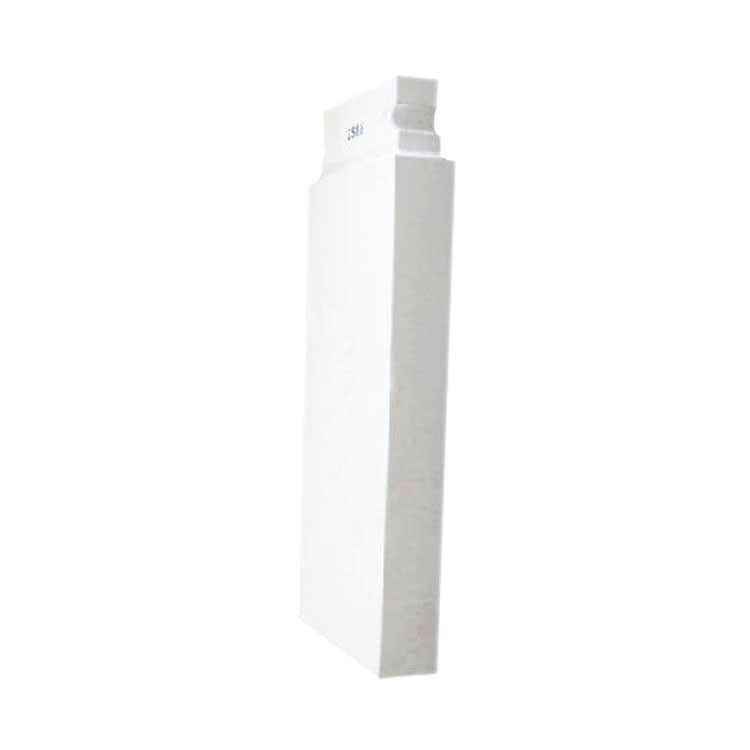
As global demand for high-performance refractory materials continues to rise, the limitations of traditional heat repair materials have become increasingly evident. This report provides a comprehensive analysis of zero expansion silica bricks against conventional refractory options, focusing on their performance, application scenarios, and real-world benefits.
The heat repair industry faces significant challenges due to the harsh environments in glass furnaces and coke ovens. Traditional refractory materials often suffer from poor thermal shock resistance, high expansion rates, and limited acid corrosion resistance, leading to frequent maintenance and reduced operational efficiency. According to a 2023 industry survey, over 65% of manufacturers reported unsatisfactory performance with conventional materials, highlighting the urgent need for advanced alternatives.

Zero expansion silica bricks are made from high-purity fused silica and special additives that ensure minimal thermal expansion. The unique microstructure of these bricks allows them to maintain dimensional stability even under extreme temperature fluctuations. Unlike traditional materials, which typically expand by 0.5% or more during heating, zero expansion silica bricks exhibit an expansion rate of less than 0.1%, significantly reducing the risk of cracking and structural failure.
| Performance Metric | Zero Expansion Silica Bricks | Traditional Refractory Materials |
|---|---|---|
| Thermal Shock Resistance | Excellent (up to 150 cycles at 1200°C) | Good (up to 50–70 cycles at 1200°C) |
| Expansion Rate | < 0.1% | 0.5% – 1.2% |
| Acid Corrosion Resistance | High (resists sulfuric and hydrochloric acids) | Moderate (limited in acidic environments) |
| Compressive Strength | Up to 200 MPa | 100–160 MPa |
.jpg)
In a case study conducted at a major glass manufacturing plant in China, zero expansion silica bricks were used to repair a section of the melting furnace. After one year of continuous operation, the repaired area showed no signs of cracking or deformation, while adjacent sections using traditional materials required rework. Similarly, a European coke oven operator reported a 40% reduction in maintenance costs after switching to zero expansion silica bricks.
Compared to traditional refractory materials, zero expansion silica bricks offer superior performance across multiple dimensions. Their low expansion rate ensures long-term structural integrity, while their high acid resistance makes them ideal for corrosive environments. In addition, their excellent thermal shock resistance reduces downtime and improves overall production efficiency.
Several industry leaders have shared positive feedback following the adoption of zero expansion silica bricks. One customer from South Korea noted, “Since we started using these bricks, our furnace maintenance intervals have doubled, and we’ve seen a noticeable improvement in product quality.” Another user from Germany stated, “The performance is far beyond our expectations, especially in terms of durability and cost-effectiveness.”
Zero expansion silica bricks represent a significant advancement in refractory technology, offering unmatched performance in challenging industrial environments. Their ability to withstand extreme conditions, reduce maintenance costs, and improve operational efficiency makes them a preferred choice for modern heat repair applications.
If you're looking to enhance the performance and longevity of your glass furnace or coke oven, consider upgrading to zero expansion silica bricks. Contact us today to learn more about how this innovative material can benefit your operations.
Get More Information Now
